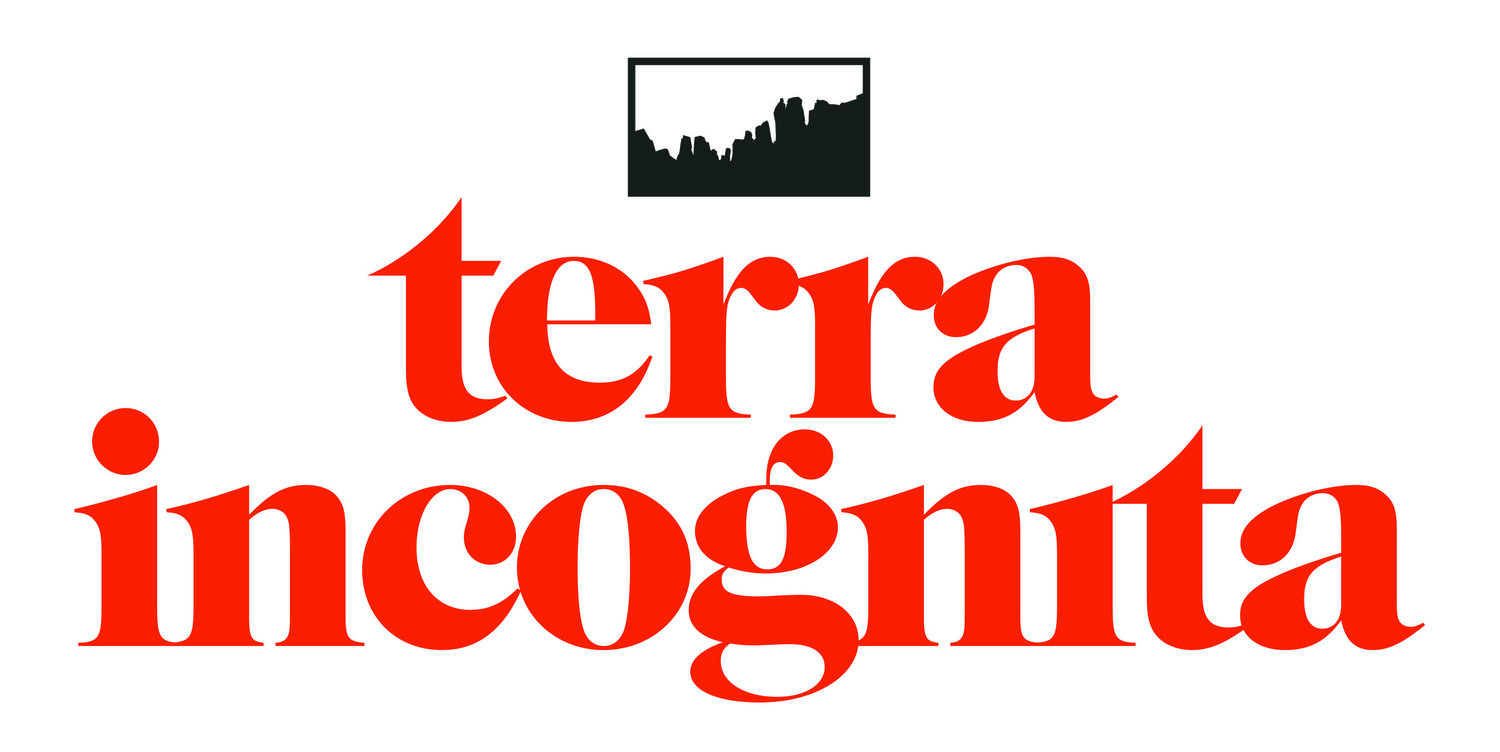Vegan Activism and Anti-Indigeneity: Violating Indigenous Food Sovereignty
This past year or so, I've witnessed several accounts of (primarily white) vegans attacking Indigenous mutuals online and in person for traditional hunting, usage of animal parts or for eating meat.
"You're killing innocent animals." "You're contributing to murder." etc. etc.
There is a lot of shaming, derailing, victim-blaming, and so forth, but at no point in time is there willingness to address one’s own complicity in the very systems that allow for industrial meat and dairy farming.
This conversation surrounding Indigenous Food Sovereignty and Vegan Activism continually arises regarding our Northern relatives seal hunts. NGOs show videos of seals murdered for the fur and meat industry and Vegan activists displace their anger onto Indigenous traditional practices instead of dismantling the oppression capitalism imposes onto both Indigenous peoples and animals. The 2016 documentary Angry Inuk seeks to expose these dynamics regarding seal hunting and the White Animal Savior complex, and definitely worth a watch if you're seeking to unpack vegan activism’s anti-indigeneity.
As someone who is both Indigenous and a long-term vegetarian, I'd like to remind Vegan activists on said complicity and lateral violence in this conversation. Let's start with vegan/vegetarianism's impact on the environment:
Veganism and vegetarianism hinges not just on ethical treatment of animals, but also the promise of harm reduction regarding our environmental crisis. Sure, if we're talking about harm reduction, these alternative diets live up to this promise when it comes to our animal relatives, but continues to fall short when we consider environmental circumstances.
Let's look at Soya--one of the main alternative protein sources used in a vegetarian or vegan diet. Soya has been closely linked to illegal deforestation efforts, namely due to supply and demand. With more people turning to vegan and vegetarian diets and consuming Soya for protein, the more in demand Soya products become and in turn the more land is needed to meet production demands.
In 2016, a moratorium was passed in Brazil to combat the detrimental impact of its Amazon deforestation, which has certainly improved conservation efforts. However, this moratorium only applies to the Brazilian portions of the Amazon. Farmers still illegally continue deforestation efforts, and even with these moratoriums the deforestation in the Amazon continues at about 6000 km2 a year.
"Farmers in the mountains of Michoacán are engaged in a cat-and-mouse campaign to avoid authorities trying to prevent illegal deforestation.
There is also an impact on wildlife as the state’s forests contain much of the wintering grounds of the monarch butterfly. A mature avocado orchard uses almost twice as much water as fairly dense forest, meaning less water reaches Michoacán’s crystalline mountain streams on which the forests and animals depend."
In Mexico, farmers face issues of labor exploitation in conjunction with deforestation. Avocado exports are so lucrative that local gangs seek to profit as well, threatening farmers with retaliation if farmers don't cut the gangs into the profits.
I'm not here to lay blame on any one group for deforestation or labor exploitation, but to simply emphasize that targeting any group for their dietary choices is misplaced. Industrialization and capitalism are the ultimate culprits that give way to negative ecological impacts, animal mistreatment and unethical agricultural practices. It is also anti-indigeneity and the violation of Indigenous sovereignty that forces Indigenous individuals towards particular foods available to them. After all, it is colonialism that displaced thousands of tribes off their traditional homelands, deprived them of their traditional food sources and replaced those sources with government appointed rations such as lard and flour. It is colonialism that denies Indigenous people on reservations adequate nutrition, and offers food at astronomical prices.
Many vegan/vegetarian individuals forget that locality contributes greatly to the accessibility of food. There isn't always a Whole Foods or farmers market on the corner of reservations. Even in urban areas, access to alternative food sources can be limited, such as food deserts.
Here in Virginia, it was the colonizers who fished the Sturgeon that our people relied on close to extinction.
At the end of the day, pre-colonial Indigenous practices worked with nature to ensure that over consumption was not an issue. It is the industrialization of food, and the over-consumption of resources that perpetuate the harm we see today against animals and the environment--not Indigenous peoples or traditional practices.
Regarding traditional practices of hunting animals and using their parts for clothes, ceremonial pieces etc., it is still ridiculously privileged and anti-indigenous to expect our people--who have been historically denied our culture and ways--to conform further to white ideas of morality and cultural expression.
Especially when you're out here rocking dream catchers and war bonnets at Coachella...
How can I help as a vegan/vegetarian?
Despite all that I have mentioned, if you still want to encourage others to explore a vegan or vegetarian diet, here are some tips for you:
1. Acknowledge your privilege regarding locality, food access and position in society before offering up suggestions.
2. Actively work to restore Indigenous Food Sovereignty by supporting tribes in preserving their land and traditional ways.
3. Send food. Or create co-ops that are inclusive and accessible to Black, Indigenous, People of Color.
4. Work to dismantle capitalistic systems that monopolize the food industry.
5. Continue to focus on harm reduction, not contributing to lateral violence via shaming and victim blaming.
Otherwise...shut the fuck up.
If you would like to support Kima’s work feel free to send a donation to her Cash App: $kimaNieves or venmo: Kima-Nieves, or become a patron to her Patreon and be among the first to read her insightful socio-cultural critiques! Follow her on Instagram too!






